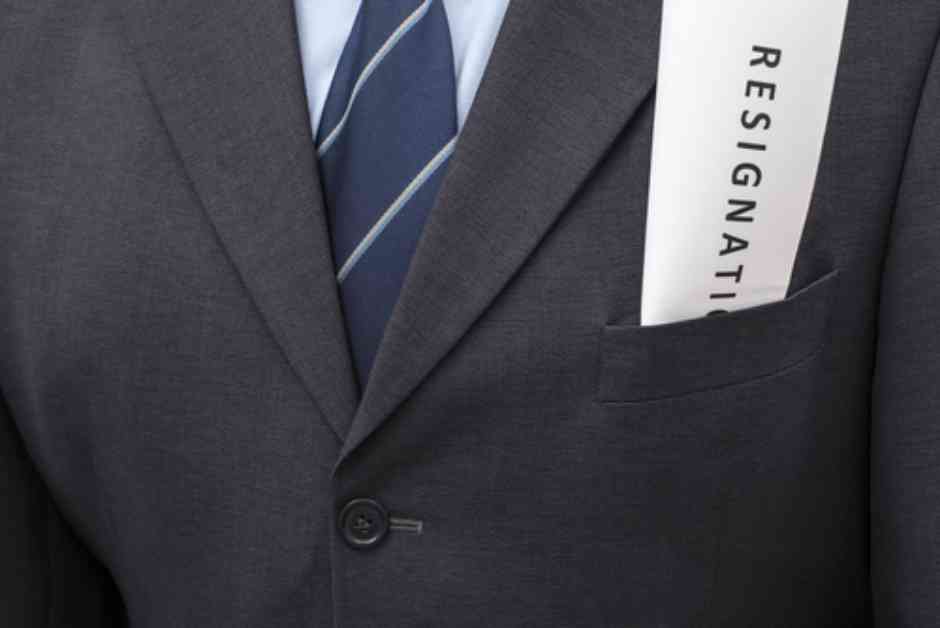Town Court Judge Resigns After Shocking Excuse for Avoiding Jury Duty
In a surprising turn of events, Judge Richard T. Snyder of the Petersburgh Town Court in Rensselaer County, New York, has resigned from his position. The reason? Allegedly, he believed that he should not serve on a grand jury because, as a judge, he thought that individuals who appeared before him were already guilty. This shocking excuse has raised eyebrows and sparked conversations about judicial conduct and fairness in the legal system.
The incident unfolded in October 2023 when Snyder expressed concerns about serving on a grand jury. He cited logistical issues, stating that he would not be able to return to his court in time for evening sessions. This led to a transcript and subsequent complaint by the New York State Commission on Judicial Conduct in November 2024.
During the encounter, Snyder reportedly declared, “I know everybody come in front of me, I know they are guilty. They would not be in front of me.” This brazen statement caught the attention of the presiding judge, who questioned Snyder’s ability to remain impartial. Snyder’s response was clear: he did not believe he could be fair in this role.
Despite these remarks, Snyder did acknowledge the fundamental principle of innocent until proven guilty. He claimed that in his court, he treated everyone equally, fairly, and honestly. He emphasized his dedication to helping individuals get back on the right track, showcasing a sense of compassion and responsibility.
During the disciplinary hearing in July 2024, Snyder revealed that his decision to avoid jury duty was influenced by family obligations. Caring for a grandchild and prioritizing his family were his main concerns. While he acknowledged that he should have communicated this to the presiding judge, he assumed he wouldn’t be selected due to his status as a judge.
Snyder, who represented himself before the commission, is not a lawyer but has received judicial training. He has served as a judge since 2014, bringing his unique perspective to the bench. Despite attempts to reach out to Snyder for comment, the ABA Journal was unable to establish contact with him.
This incident serves as a reminder of the importance of upholding the principles of justice and fairness in the legal system. Judges are entrusted with a significant role in society, and their actions have a profound impact on individuals’ lives. The case of Judge Snyder highlights the complexities and challenges of maintaining integrity and impartiality in the judicial process.
Expert Analysis: Legal Implications and Ethical Considerations
To delve deeper into the ramifications of Judge Snyder’s resignation and the ethical considerations at play, we turn to legal experts for their insights. Attorney Sarah Thompson, a seasoned litigator with years of experience in judicial ethics, emphasizes the importance of judges upholding the highest standards of integrity.
“Judges are held to a higher standard due to the nature of their role in the legal system. Any perceived bias or lack of impartiality can undermine the public’s trust in the judiciary,” Thompson explains. “Cases like these serve as a cautionary tale for judges to remain vigilant in their commitment to fairness and justice.”
Thompson also highlights the need for ongoing training and education for judges to navigate complex ethical dilemmas effectively. By fostering a culture of accountability and transparency, the legal profession can uphold the core principles of justice and equality for all.
Reflections on Judicial Responsibility and Accountability
As we reflect on the case of Judge Snyder and the implications it carries for the legal community, it’s essential to consider the broader implications of judicial responsibility and accountability. Judges hold a unique position of power and influence, shaping the outcomes of legal proceedings and upholding the rule of law.
In the midst of this incident, it becomes clear that the public’s trust in the judiciary hinges on the integrity and impartiality of judges. The actions of one individual can have far-reaching consequences, underscoring the need for robust ethical guidelines and oversight mechanisms to safeguard the principles of justice.
As we navigate the complexities of the legal system, let us remain vigilant in upholding the values of fairness, integrity, and accountability. The case of Judge Snyder serves as a poignant reminder of the challenges that judges face in maintaining the delicate balance between personal beliefs and professional duty. It is through continued dialogue and reflection that we can strive towards a more just and equitable legal system for all.















